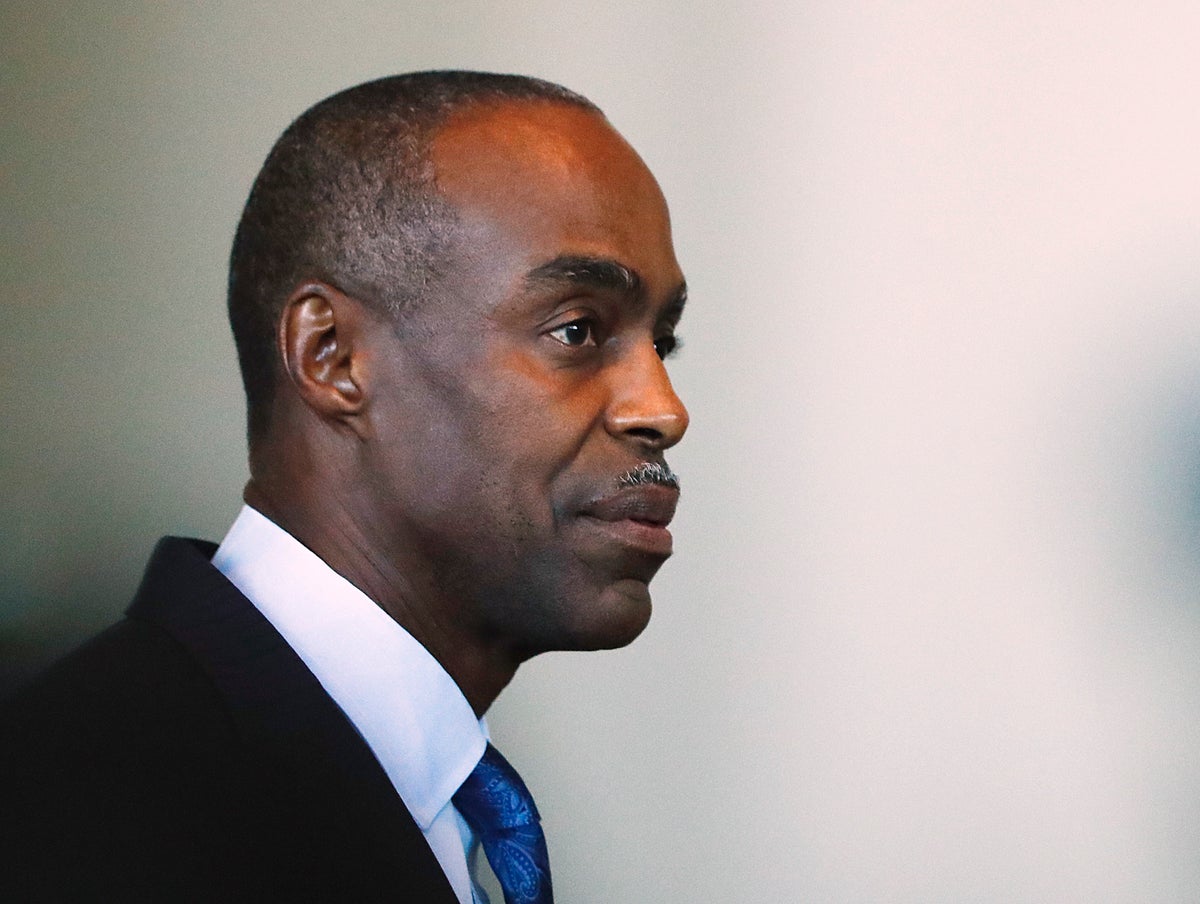
A judge dismissed a perjury charge Tuesday against a former Florida school superintendent accused of lying to a grand jury that investigated events surrounding the 2018 Parkland high school shooting, which left 17 dead.
The case against former Broward County superintendent Robert Runcie stemmed from questions over his management of a $1 billion bond issue that passed four years before the Marjory Stoneman Douglas High massacre.
Runcie and other bond supporters had said its primary focus would be to improve school safety. But the grand jurors in their final report accused Runcie and school board members of making “uninformed or even misinformed decisions, incompetent management and lack of meaningful oversight" in the bond's implementation.
Circuit Judge Martin Fein dismissed the grand jury's 2021 indictment against Runcie, agreeing with defense attorneys that state law only gives it jurisdiction over crimes that occurred in multiple counties. Runcie only testified in one. His attorneys argued that if the statewide grand jury had evidence of Runcie committing perjury, it should have turned that over to the Broward County grand jury or the local state attorney's office for consideration.
The judge dismissed the prosecution's argument that the grand jury could indict for any crime involving the jury's “sanctity and integrity,” saying it had no legal support.
Runcie attorney Mike Dutko did not immediately return a call Tuesday from The Associated Press seeking comment. He told the South Florida Sun Sentinel that Fein showed judicial bravery in dismissing the case.
“I think the judge did the intellectually correct thing, which sometimes against a political backdrop takes a bit of courage,” Dutko told the newspaper. Perjury carries a maximum sentence of five years in prison, but it is unlikely Runcie would have received a lengthy term if he had been convicted.
The office of Florida Attorney General Ashley Moody, which was prosecuting the case, did not immediately respond to an email to her aides requested seeking comment. The office could appeal Fein's decision.
Tony Montalto, whose 14-year-old daughter Gina died in the shooting, said Fein's decision is just another example of the victims' families being “let down by the justice system.”
“The case being dismissed on a technicality does not mean Superintendent Runcie didn't perjure himself. We know he has been less than truthful on numerous occasions” about the shooting, Montalto said.
Prosecutors had contended that Runcie lied repeatedly to the grand jury when asked about the criminal case against his former technology chief, Tony Hunter. The grand jury indicted Hunter earlier in 2021 on charges he took a bribe from a vendor to rig a contract that came from the bond issue. A bid rigging charge has since been dropped, but the bribery charge remains. Hunter has pleaded not guilty.
Prosecutors said Runcie told the grand jury he had not contacted anyone about the Hunter case and his only knowledge of the contract was from a presentation given years earlier. In fact, prosecutors said, Runcie had contacted others about the contract just days before he testified.
Runcie, 61, and the Broward school board negotiated his resignation and a $740,000 severance package shortly after the indictment. He had led Broward for 10 years and now heads a national group that trains superintendents. Broward is the nation’s sixth-largest school district, with more than 260,000 students.
Runcie became a public face for Broward’s response to the shooting, both in mourning and then in criticism for the district's handling of what led up to the shooting and its aftermath.
Runcie’s supporters praised him for increasing the district’s graduation rate, improving schools districtwide and reaching out to minority communities.
Opponents criticized him for programs they felt had been lenient toward the killer, an emotionally disturbed former Stoneman Douglas student. Nikolas Cruz, then 19, had a long history of disrupting class and making disturbing and threatening comments, writings and drawings. He is now serving a life sentence after a jury last year could not unanimously agree that he deserved execution. That led Montalto and other Parkland parents to successfully push a recent change to Florida law that makes it easier to impose a death sentence.
A statewide commission that investigated the shooting and what led up to it also questioned whether Runcie and the Broward school system had taken campus security concerns seriously before the massacre.
For example, Broward schools and many others statewide routinely underreported on-campus crime and other events on their annual security surveys, with district and state administrators supplying no oversight.
Glaringly, Stoneman Douglas reported zero incidents of bullying among its 3,200 students between 2014 and 2017 and three incidents of vandalism. The school reported 43 fights during that period, two batteries and 12 incidents of smoking or other tobacco use.







